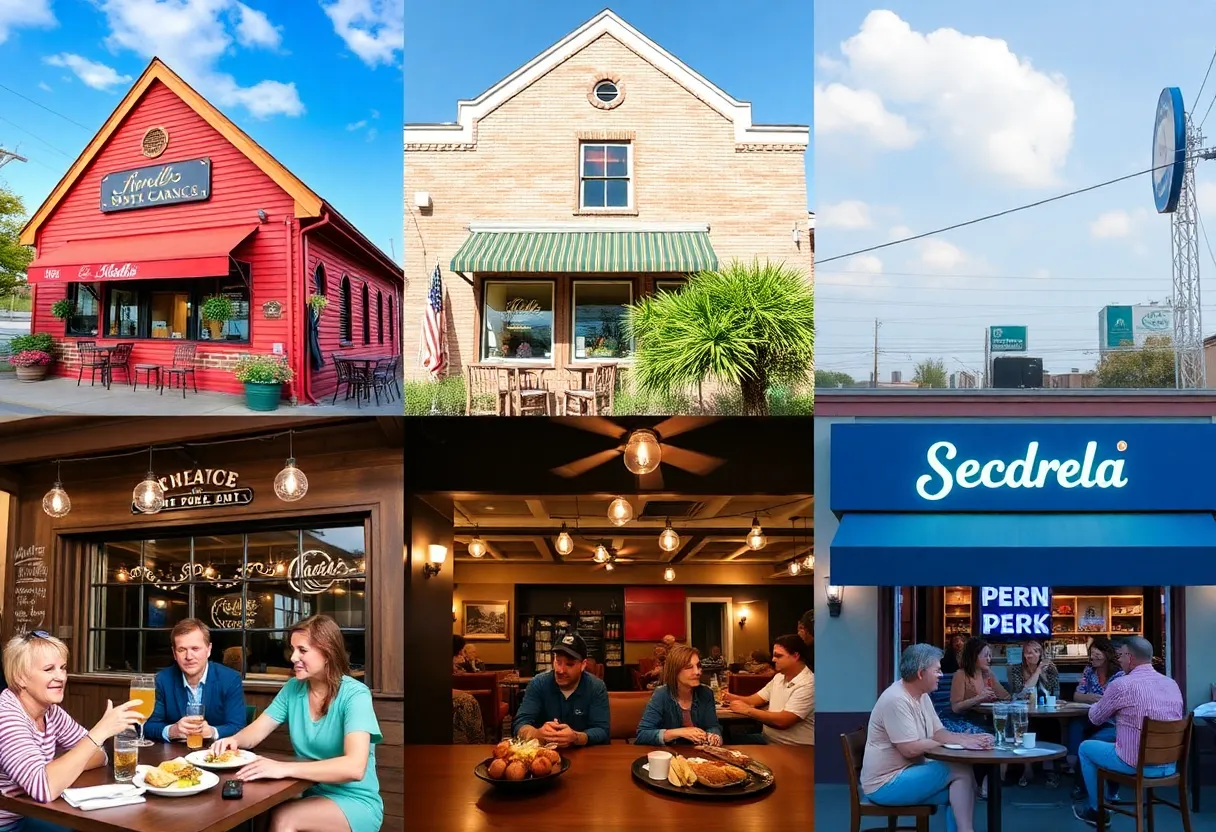

South Carolina Liquor Liability Reform
In response to soaring insurance costs, South Carolina lawmakers, led by State Sen. Ed Sutton, are proposing significant reforms to liquor liability laws. Many local businesses are struggling with insurance premiums that have increased by up to 300%. The proposed legislation aims to reduce liability for bars and restaurants and to adjust insurance requirements based on revenue from alcohol sales. While these changes are designed to alleviate financial pressure on small business owners, advocates for victims of alcohol-related incidents have raised concerns about potential impacts on victim compensation.
South Carolina lawmakers are taking significant legislative action to amend liquor liability laws due to skyrocketing insurance costs that are forcing many local businesses to close. Newly elected State Sen. Ed Sutton is spearheading efforts for a bill that aims to transform how liability is assessed, as well as to lower the minimum insurance policy limits demanded from bar and restaurant owners.
Small business owners in South Carolina have reported alarming increases in their insurance premiums during the 2024 renewal period, with some experiencing rises of 100% to 300%. The financial burden of maintaining adequate liquor liability insurance has prompted difficult choices for these establishments, pushing some to contemplate closure instead of renewing their policies. The overarching concern is that these burdensome costs have become debilitating, particularly as the hospitality industry navigates a challenging economic landscape.
Complicating matters is a law enacted in 2017, which mandates that establishments serving alcohol after 5:00 p.m. must maintain a minimum liability insurance policy of $1 million. This regulation has compounded the challenges for small business owners, leading some insurance companies to exit the South Carolina market while others have drastically increased their rates. The resultant climate has left numerous smaller bars and restaurants, which play an essential role in the state’s vibrant culinary scene, under severe financial stress.
As rising liquor liability rates continue to affect the state, the bipartisan initiative in the South Carolina Statehouse aims to amend these laws to provide relief to struggling businesses. The proposed legislation will hold bars liable only for their proportionate share of fault in drunk driving incidents, rather than the full financial liability. This change responds to critiques that the existing liability system has discouraged insurers from offering coverage in the state, significantly narrowing the pool of available policies for business owners.
Moreover, the new law would introduce adjustments for establishments where alcohol sales comprise less than 40% of total business revenues, allowing them to benefit from reduced coverage mandates. Alongside these amendments, the legislation would require enhanced training for alcohol service, equipping business owners to better manage risks associated with serving patrons.
Despite legislative efforts to ease the burdens on small business owners, advocates for victims of alcohol-related incidents have expressed concern over potential rollbacks of liability protections. These advocates emphasize the importance of maintaining victim compensation mechanisms while business owners insist that alterations are crucial for their survival. As the state weighs these critical changes, some experts have also pointed out the necessity for stronger DUI laws in conjunction with liquor liability reforms to help mitigate risks tied to alcohol consumption.
The proposed reforms come at a particularly relevant time, as small businesses across South Carolina have faced mounting pressure due to rising operational costs. In Charleston, a city well-known for its culinary diversity and rich gastronomy, the survival of local bars and restaurants is especially vital to the economy and community culture. Lawmakers are looking to prevent further losses and ensure that small establishments can continue to thrive in a competitive economic environment.
As discussions unfold in the Statehouse, the potential changes in liquor liability laws hold significant implications not only for business owners but also for the broader community and the ongoing dialogue about responsible alcohol consumption and public safety.
News Summary The Trump administration has announced the U.S. withdrawal from UNESCO, marking its second…
News Summary The U.S. Olympic and Paralympic Committee has implemented a new policy that restricts…
News Summary The Sanseito party has made a significant impact on Japan's political landscape by…
How Can You Use Interactive Webinars to Boost Your Digital Marketing Engagement? In the rapidly…
News Summary U.S. Senator Lindsey Graham has condemned recent violence against Christians in Taybeh, West…
News Summary A federal court has allowed a new Mississippi law requiring social media users…